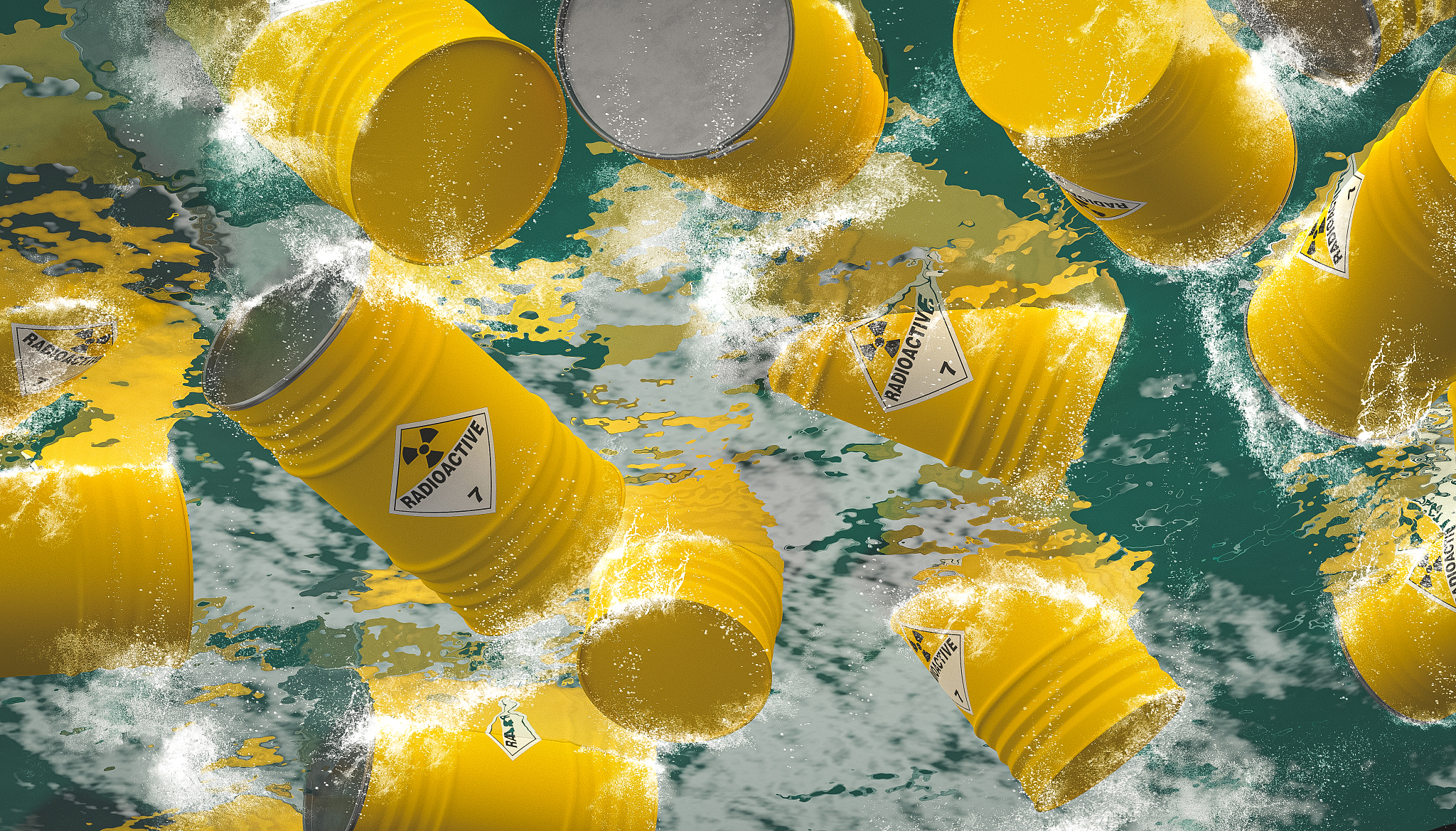Opinion: Spilled Water Can Never Be Retrieved

Japan's plan to release "treated water" into the sea at Fukushima, scheduled to begin in mid-August, entails significant risks and uncertainties, making it a matter of global concern. (PHOTO: VCG)
By WANG Xiaoxia & LIANG Yilian
Japan's plan to release "treated water" into the sea at Fukushima, scheduled to begin in mid-August, entails significant risks and uncertainties, making it a matter of global concern.
Although safety tests have been conducted, they are not definitive, all the more so since the planned action is unprecedented. Compared to the discovery of antibiotics in the early 20th century, while considered groundbreaking at the time, their subsequent widespread use led to antibiotic resistance and adverse impact on human health.
Similarly, Japan's decision to dump nuclear-contaminated water into the ocean lacks sufficient supporting data and case studies to ensure its long-term safety, and the discharge will mark the beginning of another potential crisis.
The international community is monitoring Japan's actions. Hundreds of people in South Korea, including members of the Korean Confederation of Trade Unions, took to the streets on July 8 to protest against the plan, The Guardian reported.
The Hong Kong environment chief has said seafood from the high-risk regions near Fukushima will be banned in the special administrative region if Japan proceeds with the discharge, indicating the serious concerns of neighboring regions.
This decision also poses a considerable threat to Japan itself, jeopardizing years of efforts to rebuild the reputation of its nuclear industry following the Fukushima disaster caused by a tsunami in 2011.
A recent opinion poll in Japan found that 80.3 percent of the respondents think the authorities have not adequately explained the discharge plan. Also, over 87.4 percent believe that it will harm Japan's image, Kyodo News reported. This feedback highlights the lack of transparency and communication surrounding the decision.
Discharging the nuclear-contaminated water into the sea can't be the only option. Regrettably, Japan has not fully explored alternative technological solutions, thus failing to show itself to be a responsible nation. Instead, it has opted for the reckless path driven by short-term economic interests.
This short-sighted decision will have long-term consequences and set a dangerous precedent.
While many nations have expressed opposition to Japan's plan, it is disconcerting that some Western countries have remained silent. It is important to reflect on history and remember the despised policy of appeasement adopted by Arthur Neville Chamberlain, the British Prime Minister before the Second World War, who made compromises at the expense of other nations. Those who choose to turn a blind eye to Japan's action now may ultimately face similar consequences.
We cannot afford to repeat past mistakes. It is imperative that we stand up for the well-being of all, ensuring the safety and sustainability of our shared future. Therefore, every following action Japan takes on the discharge should be subject to global scrutiny.







